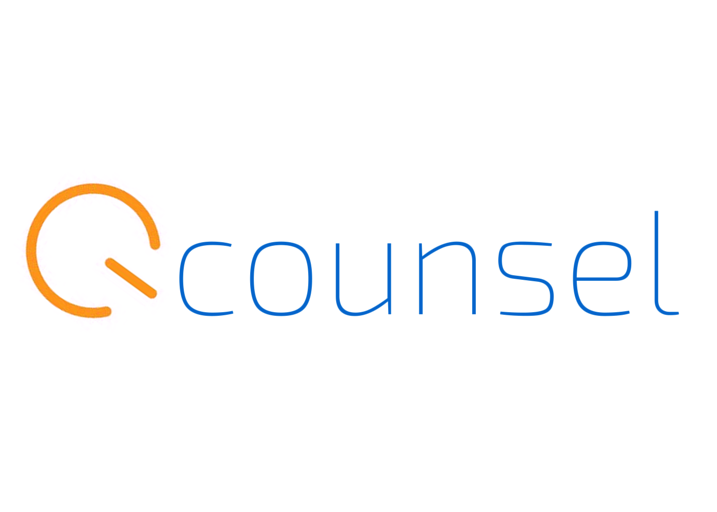If your online user or customer base resides in foreign non-English speaking markets, chances are you will need to enable your commercial website and social media channels for true multilingual user interaction.
In the Asia region, language and cultural diversity raises the difficulty of multilingual online implementation a few notches higher than for EU or American markets who traditionally cater mainly for French, German and Spanish language users.
A quick checklist of issues to consider when implementing a multi-regional web presence includes:
- Translation of site content, Terms of Use and site Policies. The safest way is to get translations drafted or reviewed by a native speaker even though machine translations (via Google, Bing or browser translation plug-ins) are becoming more increasingly sophisticated. Site Terms of Use and other use policies such a privacy or conduct will need to be customised to comply with specific local law requirements prior to translation or reviewed by a reliable foreign lawyer. This can also help iron out any cultural sensitivities that might result from an unchecked language translation.
- Often the IT department will advise on the URL structuring for multi-region websites – the typical structures include using a separate ccTLD domain vs subdirectory or subdomain off the main corporate domain name. For example: Should the Japanese language version of www.bricks.com be www.bricks.co.jp or jp.bricks.com or bricks.com/jp/?
- Utilising country specific domain names (ccTLDs) like .jp (Japan), .cn (China), etc. may sometimes require specific domestic registration requirements. In addition, the newer full language internationalised ccTLD domain names (IDNs), e.g .香港 (for Hong Kong) provide another option, however this has yet to get any real user traction yet.
- Cookies. If you have EU users, you will need to consider compliance with the EU e-privacy directive to obtain end user consent to the installation of browser based cookies.
- IP identification: Again, privacy considerations may become relevant if your website relies on location based functionality based on identification using internet protocol (IP) address. Technically, an IP address as a standalone datapoint is insufficient to fall within most accepted definitions of ‘personal information’ but when allied with other information, it can often take on this characteristic. Certainly, various European privacy laws take a more expansive view.


